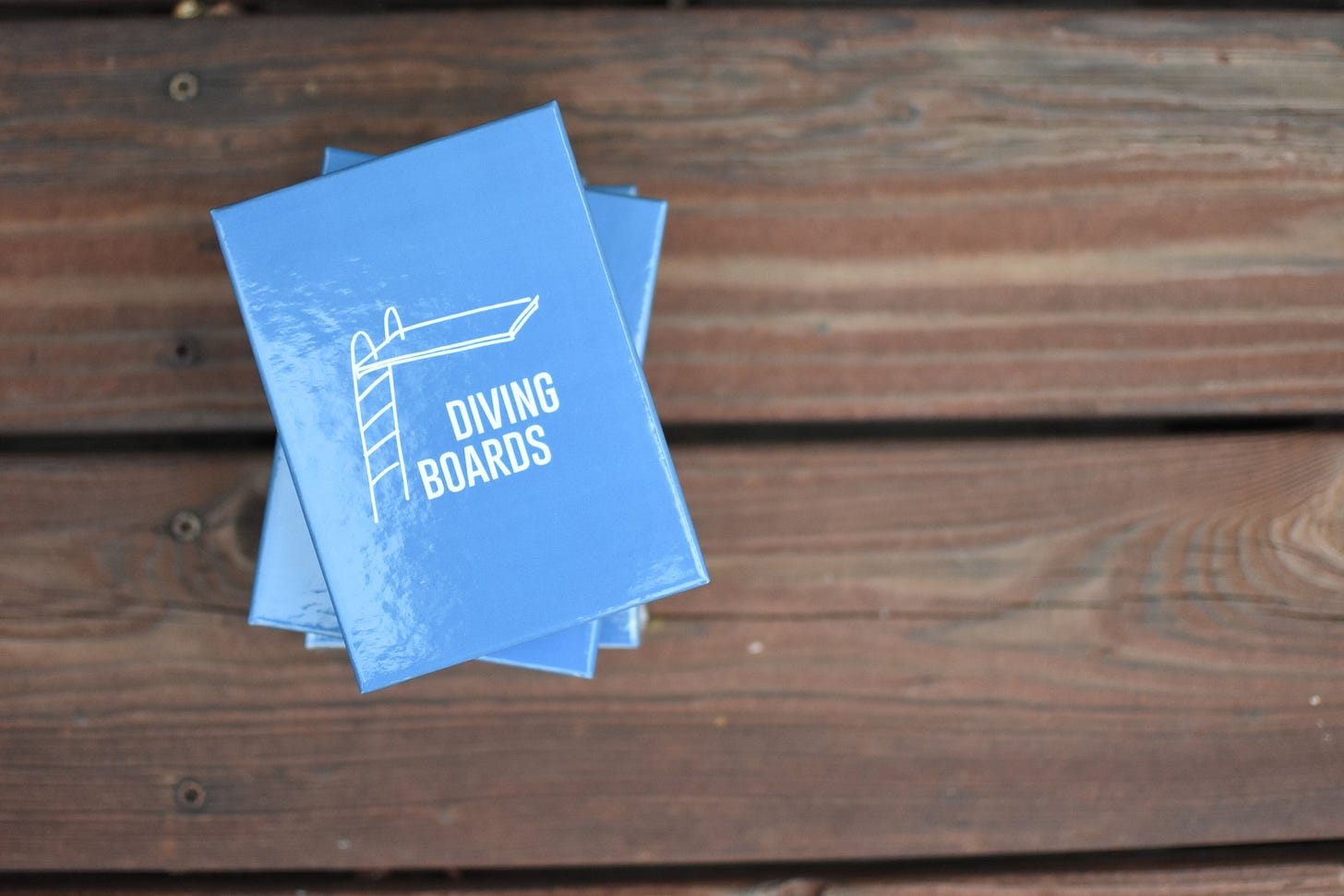A few weeks ago on a Sunday drive with my kids, something happened that shook my world. I’m still not sure if it was spontaneous or planned, but suddenly, my six-year old daughter asked me if I could homeschool her. At first I wasn’t sure she really understood what that meant. But she wasn’t done yet. As my jaw dropped further and further, she outlined what an ideal week of learning would look like for her, down to the level of 10-minute intervals.
For example, she sensibly proposed a mixture of time to read, snack, and move around in the first part of the day, and suggested that on Fridays we set aside time for a long lunch (very civilized, I thought!). She even, very generously, offered to include her little brother. At which point he immediately piped up and said that in exchange he would be willing to provide her with food.
At this point, I was more or less overwhelmed by too many thoughts and feelings at once. I told her that I was amazed and would take some time to think about it. We arrived home, our drive done, and she disappeared into her room.
Over an hour passed without a peep, and then she popped her head out of the bedroom to ask me if I had received her message. Turns out that she had been typing out a proposal, one painstaking letter at a time on her iPad screen, and had sent it to me. It included her homeschooling plan and learning goals, made a reasonable request to receive a Chromebook with learning apps, and included time for recess, art, and teaching her younger brother and up to two friends of his choice. As she watched me read it, she concluded with the words, “Dad, I have learned literally nothing for the last two years.”
Well, I knew that was an exaggeration, but I also knew that school was not working particularly well for her. Despite having a strong first grade teacher at the moment in our local school, she was bored out of her mind. I knew she enjoyed her friendships there, at least. And not being a particularly rebellious kid she did not seem to cause any trouble in school, but was simply being shuffled along, tolerating it, and reminding me regularly that it was not helping her.
Her proposal raised a question which I’ve felt talking to many other kids, including middle and high schoolers: when they tell us school is terrible, what if we believed them?
I know that my own impulse often is to ignore the surface-level content of a complaint like that, and try to figure out what’s happening underneath. As in, maybe school is terrible because a friend just treated you badly, or because a particular teacher or subject is really confusing you at the moment. But what if, sometimes, students are accurately describing that school as a whole is just not working for them?
For years now, accelerating during the pandemic, I’ve been noticing how the homeschool and unschool worlds seem to have more innovation going on than any other corner of the education field. And while there are profound problems involved, like the inequity in who has the option to homeschool, or the risk of kids becoming isolated or raised in extremist ways (thinking of Tara Westover’s famous book Educated), I’ve also seen the opposite of that. Akilah Richards’ book Raising Free People made a profound impression on me, telling the story of a Black mother choosing to homeschool her kids as an act of liberation and healing. I know more and more families who are choosing homeschooling despite having busy parents who can’t afford to stop working, some using online schools like Prisma, and making sure homeschooling includes lots of social in-person time. Homeschooling in this sense is being treated as a way to brings kids into the world, not stick them at the kitchen table to do worksheets. Perhaps unschooling is the better term. Or simply — people with the freedom to learn?
I know this is a bit of a meandering post, without as much practical guidance as I like to include. I suppose my offer at this moment is simply a set of questions:
If we start with the premise of trusting our kids, and they tell us school isn’t working for them, what do we do with that?
If we see the world as a fertile place where learning is abundant, how might we facilitate more access to it?
If we believe that kids, with the wisdom of play, excel at finding their learning edge and pushing it out further, how much do we need to control their learning?
I don’t think homeschooling or unschooling is for everyone. I don’t even know if it’s right or feasible for my family. But I do believe that young people’s requests for greater choice, and their insights into their daily conditions, are worth listening to in any context. Whether it’s an earnest proposal from a six year old, or an adolescent’s sarcastic complaints, what if we listened deeply and with trust?
In Other News…
Book 2 is underway, finally! After many false starts, the writing on my second book has been flowing over these past few months, and I’m about 2/3 of the way to the first manuscript. Hallelujah! While my first book was intended to help us grown-ups make sense of what goes on in middle schoolers’ brains, and thus how to parent and teach more effectively, book #2 is for middle schoolers themselves. It’s a set of experiences that give them the power to make their own choices, create adventures, and in the course of that gain insights about who they are and what they can do in the world. Much more to come on this soon, including hopefully a Kickstarter launch campaign in January!
Diving Boards V4 is out! This week some ridiculously heavy boxes appeared on my doorstep, containing 100 new copies of the Diving Boards curriculum I’ve written, now in its fourth edition. As anyone who knows me would guess, it is not a set of lesson plans. Rather it’s a set of large playing cards, each one with a conversation prompt, guidance on how to facilitate a deep conversation around it, and links to a website for more resources. Each topic is designed to create a meaningful, SEL-rich conversation for middle or high schoolers. All tested and approved by awesome Argonaut students, of course! You can order here if you’re intrigued.







Kids are so wise. I unschooled my middle child until she was eight and she learned more in those years than in the next 5 combined. High school was an accelerated program that was excellent for education, terrible for mental health. She also wrote up a homeschooling plan and spent her junior year doing things she loves (birds, sewing, crochet, art) and taking college classes online. This year she has a job, started community college, keeps in tough with friends and is in such a better place.
My freshman is currently bored out of her mind at school and hates to go, but enjoys the social aspect & extracurriculars. I wish the whole system could get an overhaul but for now I appreciate teachers who work to connect with the kids in the classroom & wish there were a few more of those.
Forgive the dumb question but…what is SEL. If I don’t know, maybe other readers won’t know either. I love this post. I can imagine you almost drove off the road!